How parenting styles have changed over time
Parenting has come a long way from the days when it was just about survival and lineage. Over centuries, the approach to raising children has constantly evolved, shaped by cultural, social, and technological changes.
From rigid authoritarian models to more flexible and child-centered tactics, each era brought its unique flavor to parenting, reflecting the values and challenges of its time. Join us as we journey through history to explore these fascinating transformations.
The Early Days: Parenting in Ancient Times
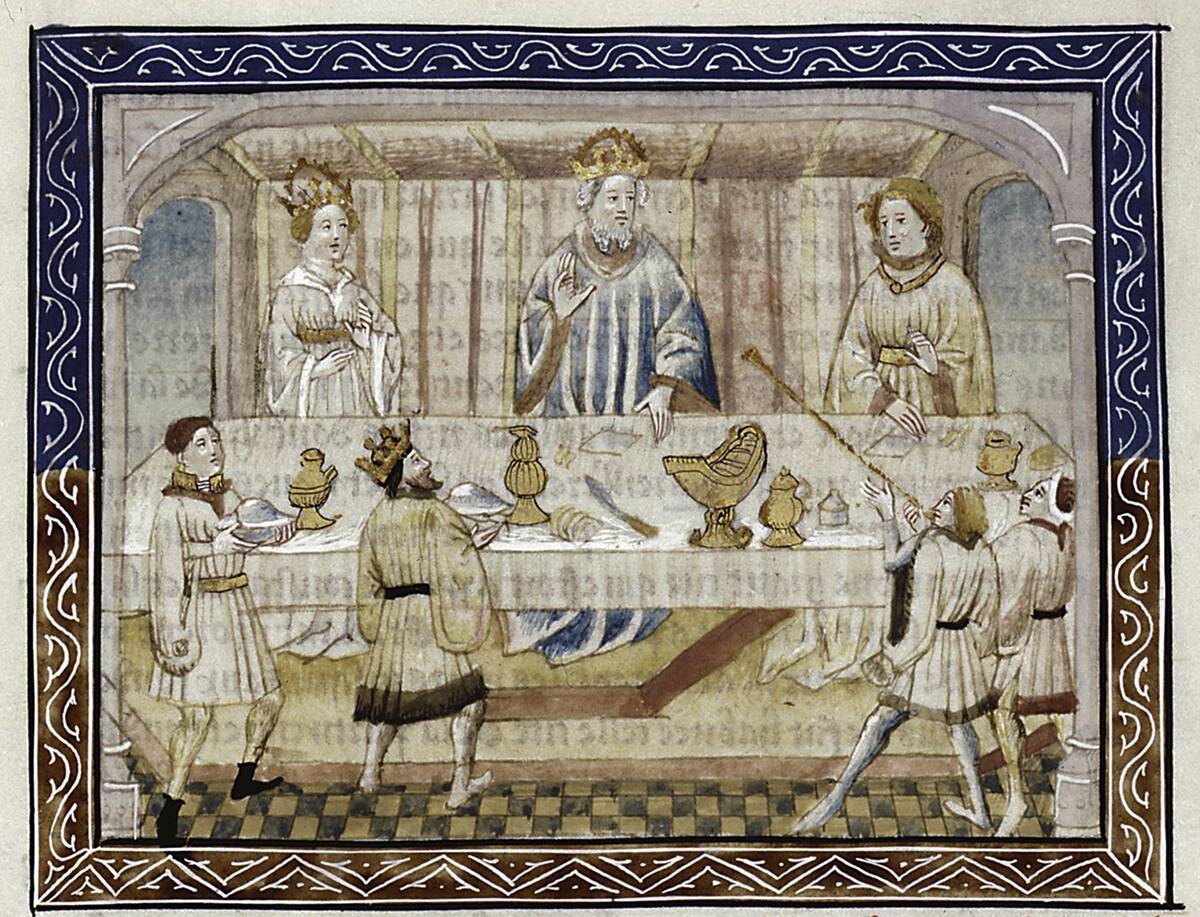
In ancient times, parenting was deeply rooted in tradition and survival. In many cultures, children were seen as small adults and were expected to contribute to the family from a young age. For instance, in ancient Rome, the concept of ‘paterfamilias’ granted fathers absolute authority over their families.
Additionally, Spartan society famously focused on raising resilient warriors, with children leaving home at an early age for military training. Survival and societal roles were key drivers of parenting during this era.
Middle Ages: The Authoritarian Approach
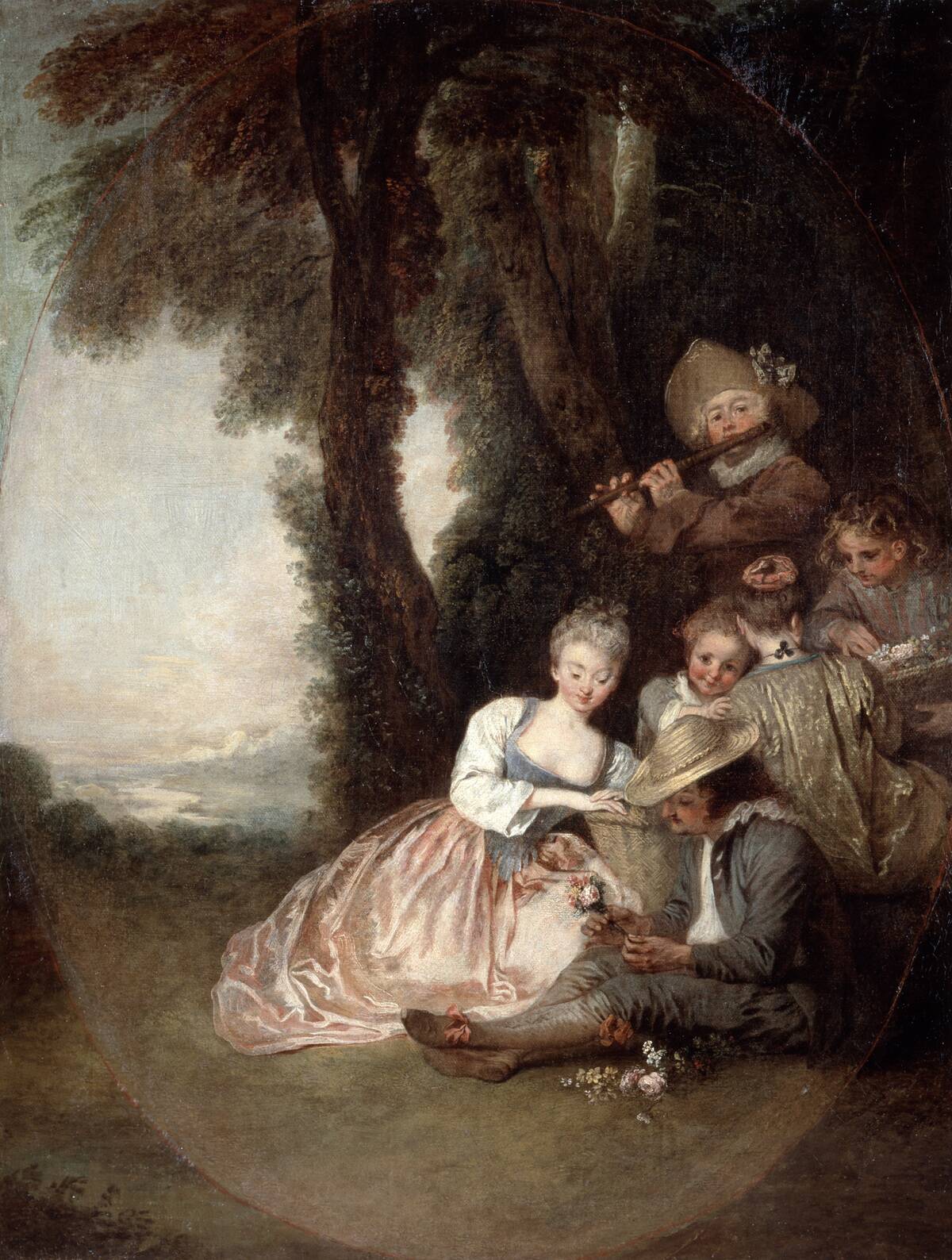
During the Middle Ages, parenting was heavily influenced by religion and societal hierarchy. Children were often viewed as inherently sinful and in need of strict discipline to mold them into virtuous adults.
This period saw the rise of the authoritarian approach, where obedience was paramount, and corporal punishment was common. The Church played a significant role in dictating parental norms, with parents expected to instill religious values and moral conduct in their offspring.
The Enlightenment Era: A Shift Toward Education

The Enlightenment brought a significant shift in parenting perspectives, emphasizing education and rational thought. Influential thinkers like John Locke proposed the idea of children as ‘tabula rasa’ or blank slates, suggesting that nurturing environments could shape their development.
This era marked a move away from harsh discipline towards encouraging curiosity and learning. Parents began to see the importance of education in fostering well-rounded individuals, laying the groundwork for modern educational systems.
Victorian Era: Strictness and Discipline
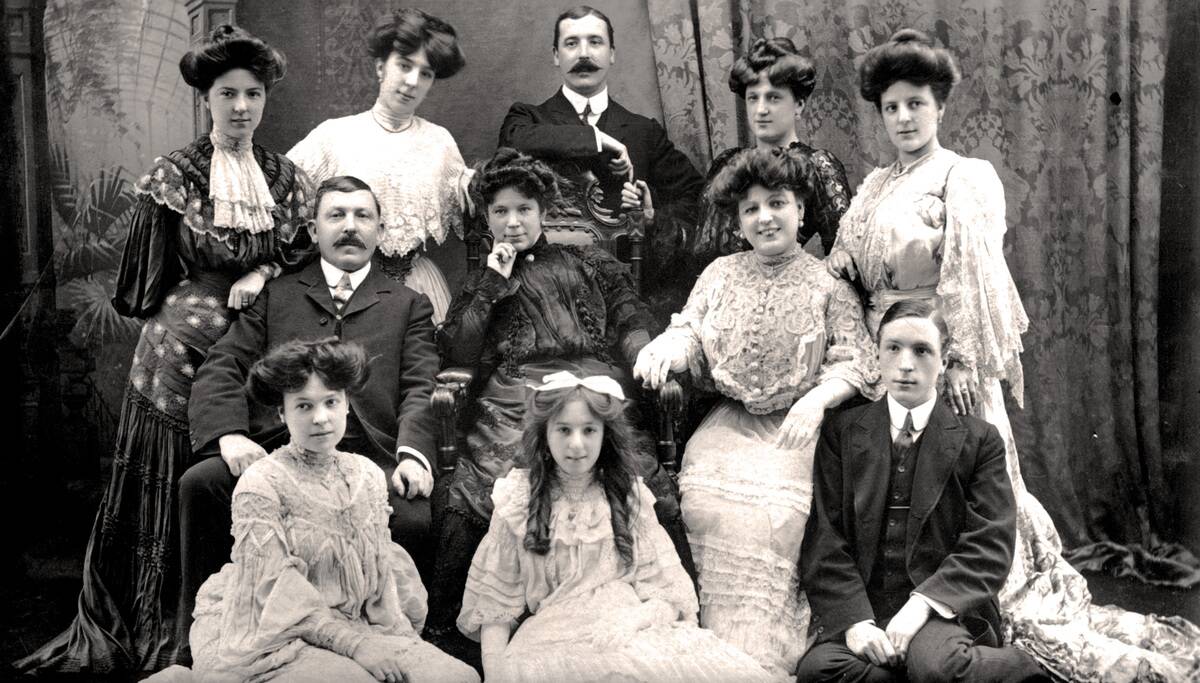
The Victorian era is often remembered for its strict social codes and emphasis on discipline. Parenting during this time reflected broader societal norms, with a focus on moral uprightness and proper behavior. Children were expected to be seen and not heard, and corporal punishment remained common.
However, this era also saw the emergence of child labor laws and increased attention to children’s welfare, indicating a gradual shift towards acknowledging children’s rights and needs.
Early 20th Century: The Rise of Child Psychology
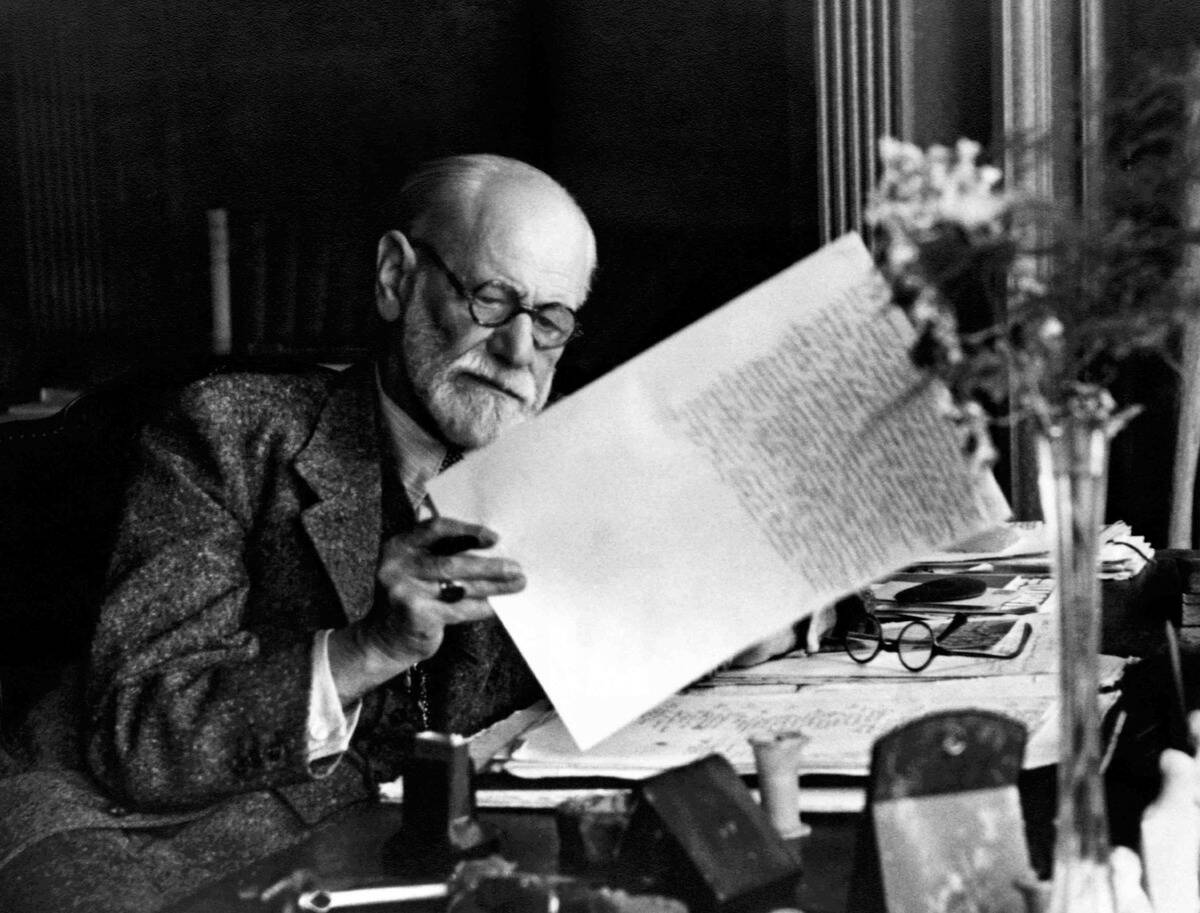
With the advent of the 20th century, parenting began to incorporate insights from emerging fields like psychology and education. Figures like Sigmund Freud and John Dewey influenced approaches to child-rearing by highlighting the importance of early childhood experiences and education.
This period marked the beginning of understanding childhood development scientifically, leading to more nurturing and supportive parenting styles. The focus shifted from mere survival to promoting mental and emotional well-being.
Post-War Parenting: The Boom of Baby Boomers
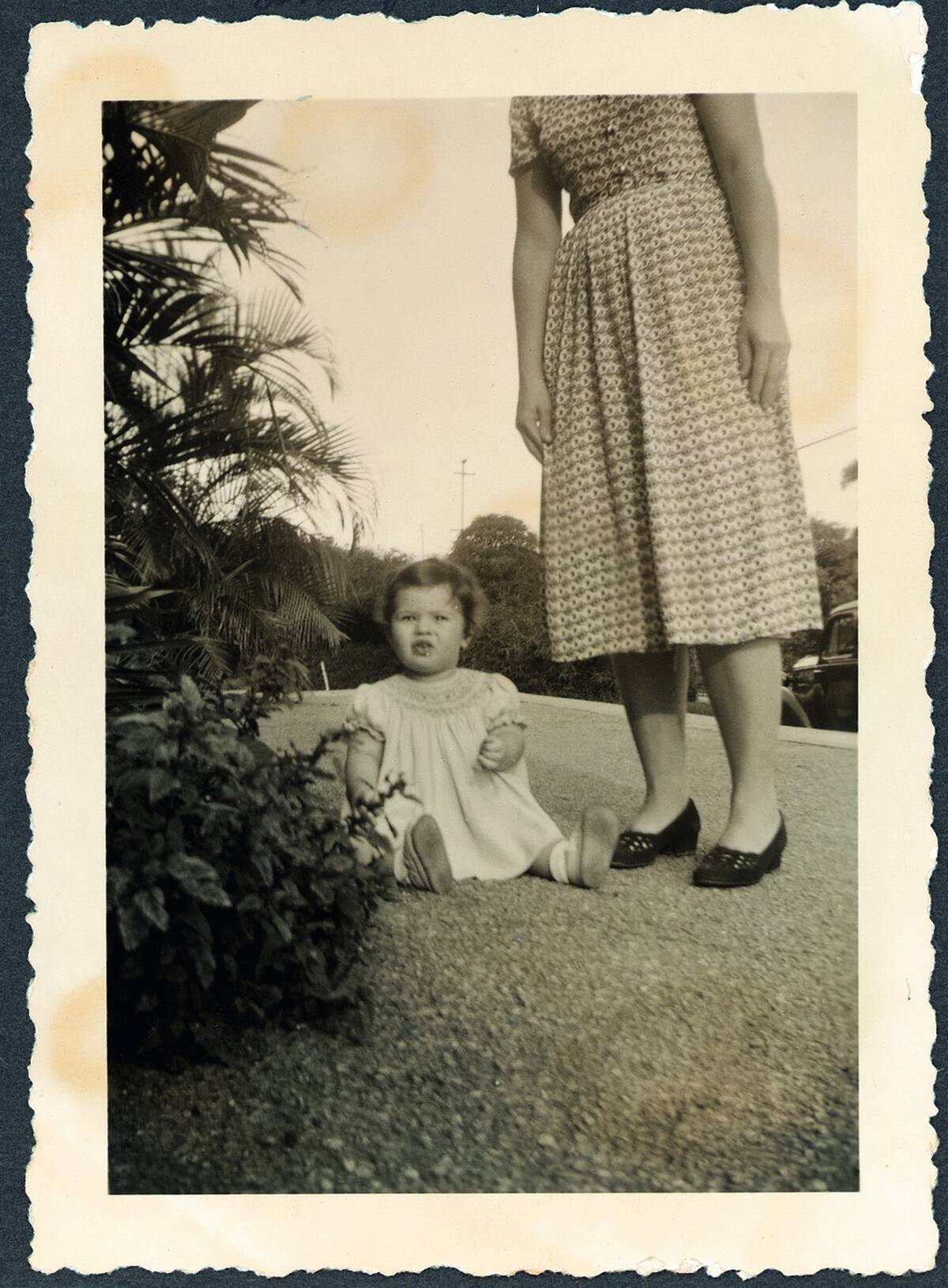
The post-war era saw a dramatic shift in parenting styles with the Baby Boomer generation. Economic prosperity and suburban expansion allowed for more resources to be dedicated to children. Parents began to emphasize emotional security and opportunities for their offspring.
Dr. Benjamin Spock’s influential book, ‘Baby and Child Care,’ advocated for more permissive and child-centric approaches, encouraging parents to trust their instincts and prioritize their children’s needs and happiness.
The 1960s: The Advent of Permissive Parenting
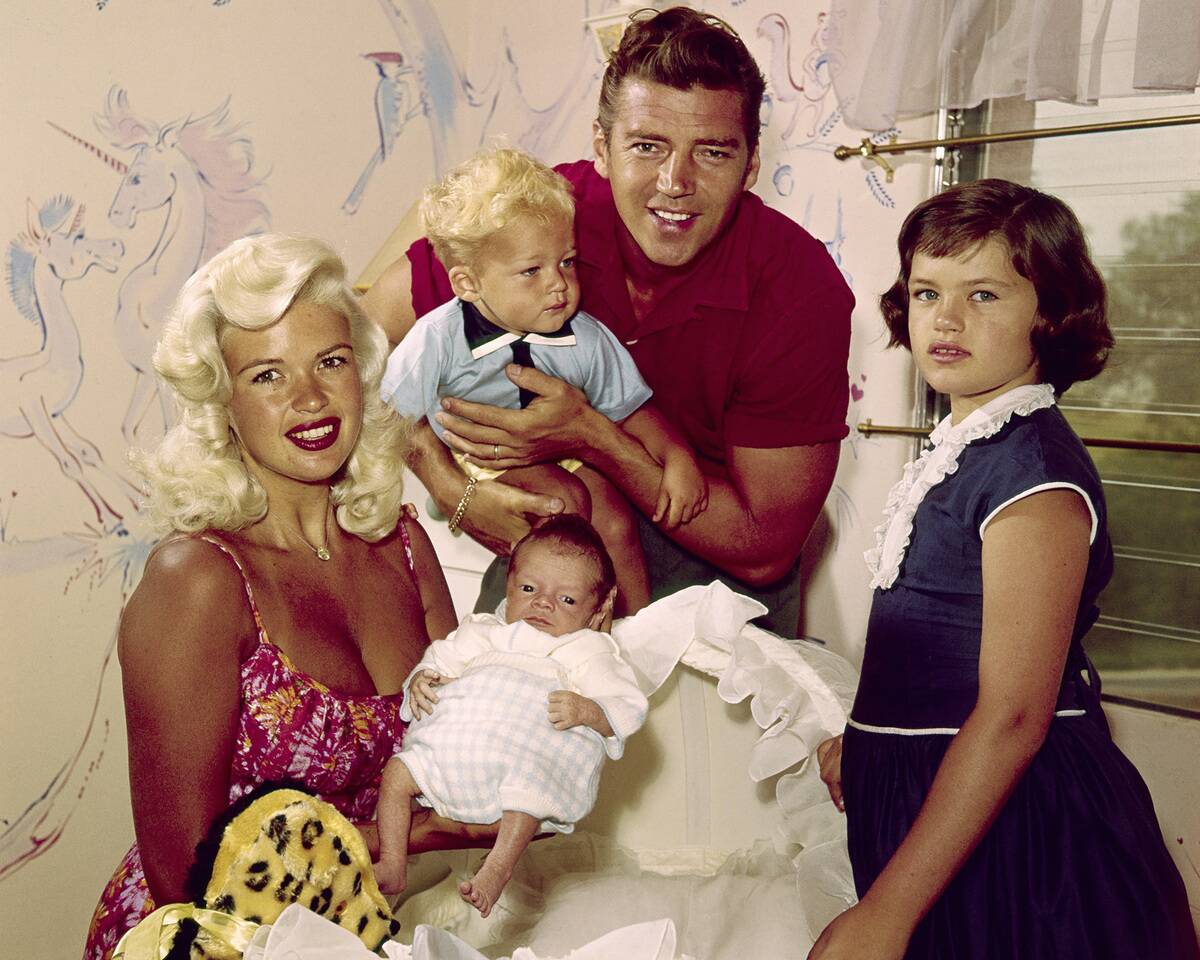
The 1960s brought a wave of cultural revolution that greatly influenced parenting styles. Permissive parenting gained popularity, characterized by a more relaxed approach and greater freedom for children.
Influenced by changing social norms and the counterculture movement, parents began to question traditional authority and embraced more democratic family dynamics. This era encouraged self-expression and creativity in children, marking a departure from the rigid structures of previous generations.
1980s: The Era of the Helicopter Parent
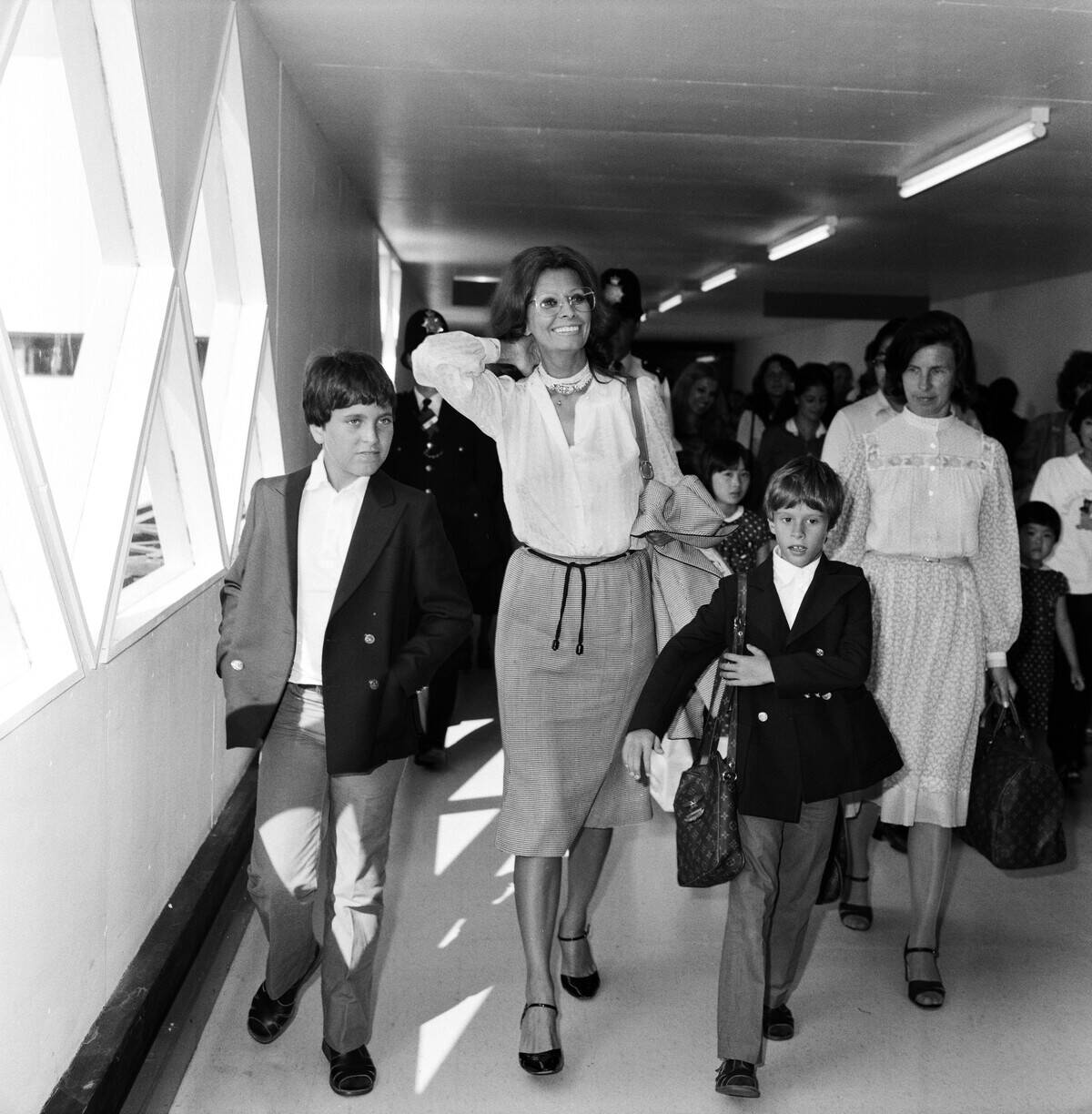
The 1980s introduced the concept of ‘helicopter parenting,’ where parents became more involved in their children’s lives than ever before. This was partly a reaction to growing concerns about child safety and competitiveness in education.
Parents began to closely monitor their children’s activities and academic progress, often stepping in to solve problems on their behalf. While this approach aimed to ensure success, it also sparked debates about fostering independence and resilience in children.
The 1990s: Balancing Independence and Supervision
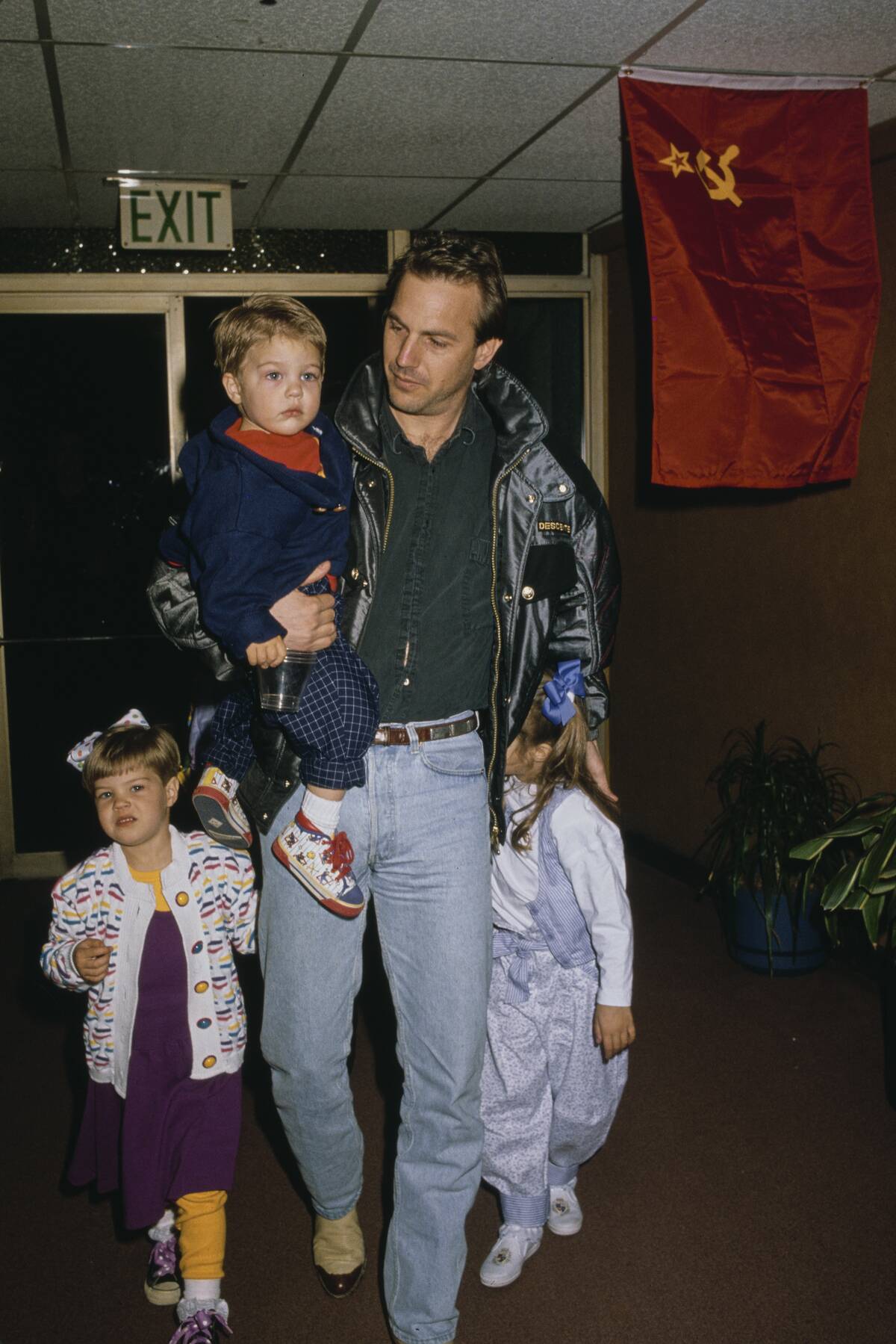
The 1990s witnessed a shift towards balancing supervision with encouraging independence. Parents began to recognize the importance of allowing children to learn from their own experiences while still providing guidance.
This era saw the rise of ‘free-range parenting,’ which advocated for giving children more freedom to explore and take risks. At the same time, technology like pagers and cell phones allowed for remote supervision, enabling parents to keep tabs without being overly intrusive.
The New Millennium: The Rise of Attachment Parenting
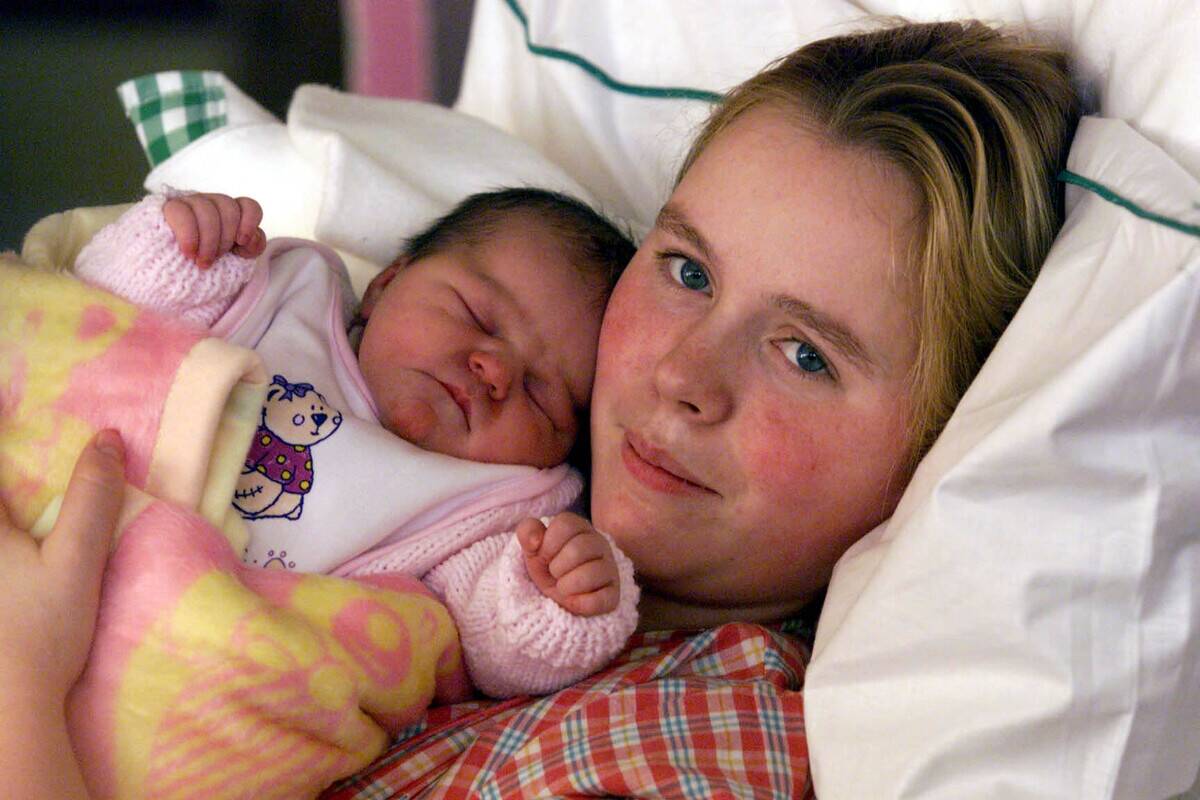
The new millennium saw the rise of attachment parenting, a style emphasizing emotional bonding and responsiveness. Popularized by pediatrician Dr. William Sears, this approach focuses on physical closeness, breastfeeding, and responding to a child’s needs promptly.
It encourages practices like co-sleeping and baby-wearing to foster secure attachments. While some parents embraced this nurturing style, others criticized it for being overly demanding and challenging to balance with modern life demands.
Digital Age: Parenting in the Age of Technology
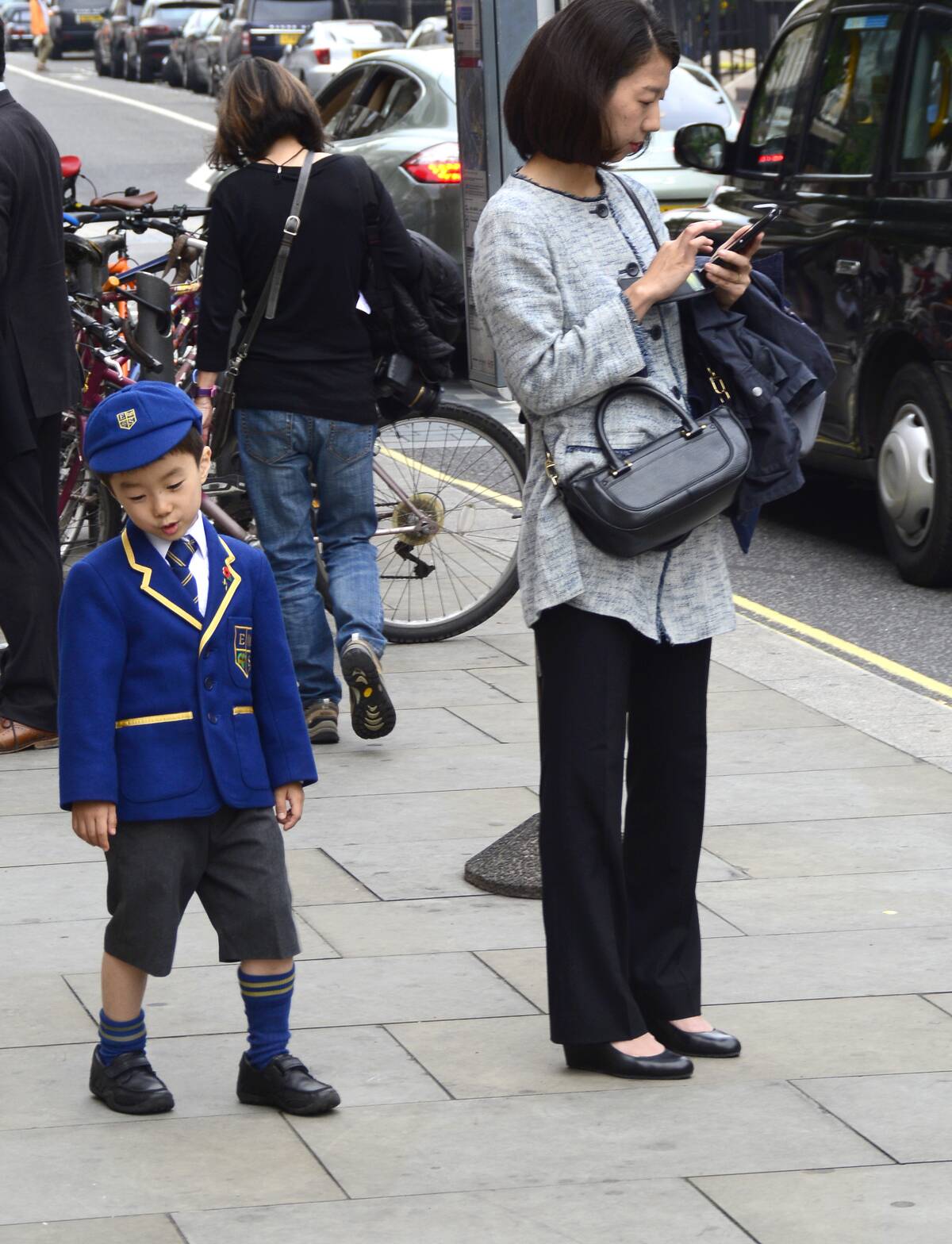
As we entered the digital age, technology became an integral part of parenting. Parents now face the challenge of managing screen time and navigating the digital world alongside their children. With the internet providing both opportunities and risks, parents must balance fostering digital literacy and ensuring online safety.
This era has introduced new tools for parenting, from educational apps to parental controls, but it also requires constant adaptation to rapidly changing technological landscapes.
The Impact of Social Media on Parenting Styles
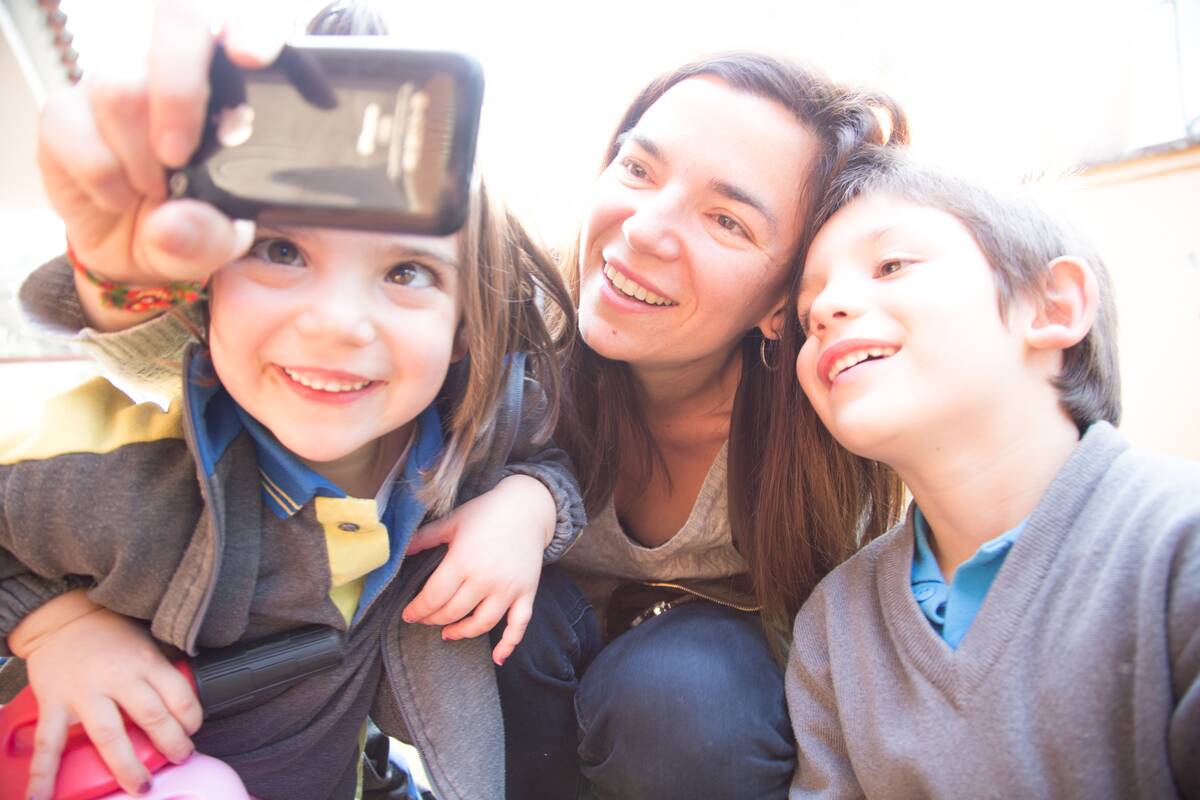
Social media has significantly impacted parenting, offering both support and challenges. Platforms like Facebook and Instagram allow parents to share experiences and seek advice, creating virtual communities. However, they also contribute to the ‘comparison trap,’ where parents feel pressure to meet unrealistic standards showcased online.
This era has seen the rise of ‘sharenting,’ where children’s lives are documented online, raising questions about privacy and the long-term effects of a digital footprint from a young age.
Parenting in the Age of Globalization
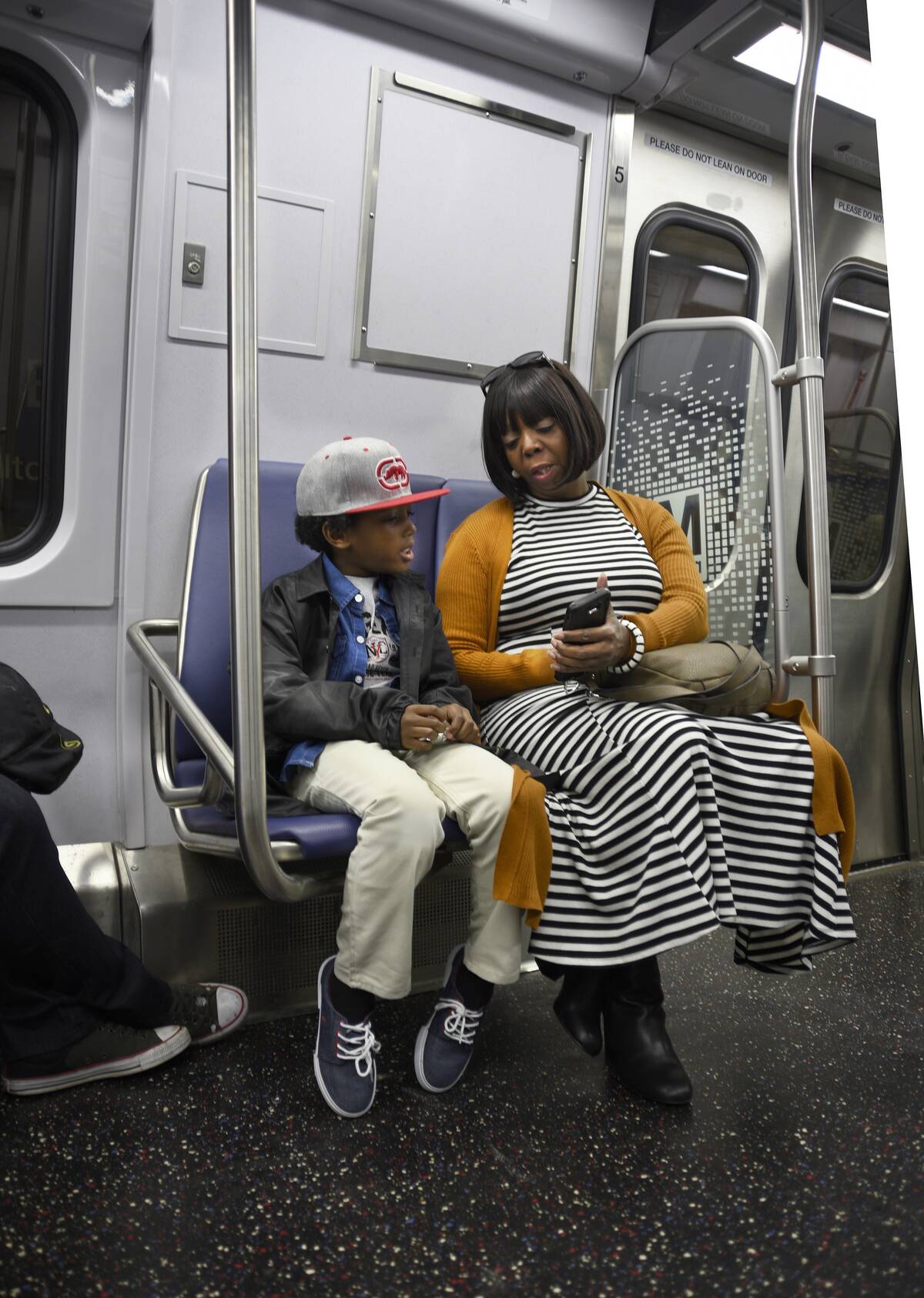
Globalization has broadened the horizons of parenting, introducing diverse cultural practices and values. Parents now have access to a wealth of information and resources from around the world, allowing them to adopt a more eclectic approach to child-rearing.
This era encourages parents to embrace multiculturalism, exposing their children to various languages, traditions, and perspectives. However, it also presents challenges in maintaining cultural identity and balancing global influences with local traditions.
The Role of Fathers: From Breadwinners to Co-Parents
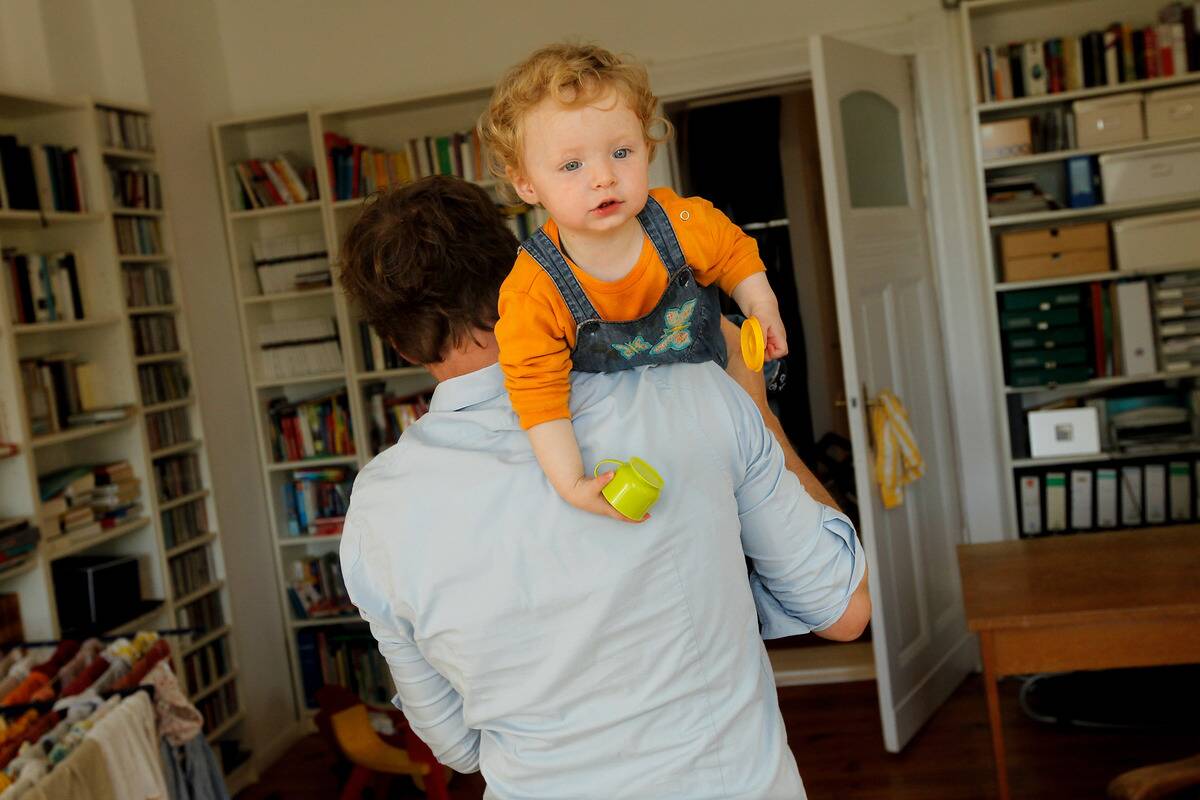
The role of fathers in parenting has evolved significantly over the years, moving beyond traditional breadwinner roles to becoming active co-parents. Today, fathers are more involved in daily child-rearing activities, from diaper changes to school pick-ups.
This shift reflects broader societal changes towards gender equality and the recognition of the importance of paternal involvement in children’s development. As a result, modern families are increasingly collaborative, with shared responsibilities becoming the norm.
Modern Parenting Trends: Eco-Conscious and Minimalist Approaches
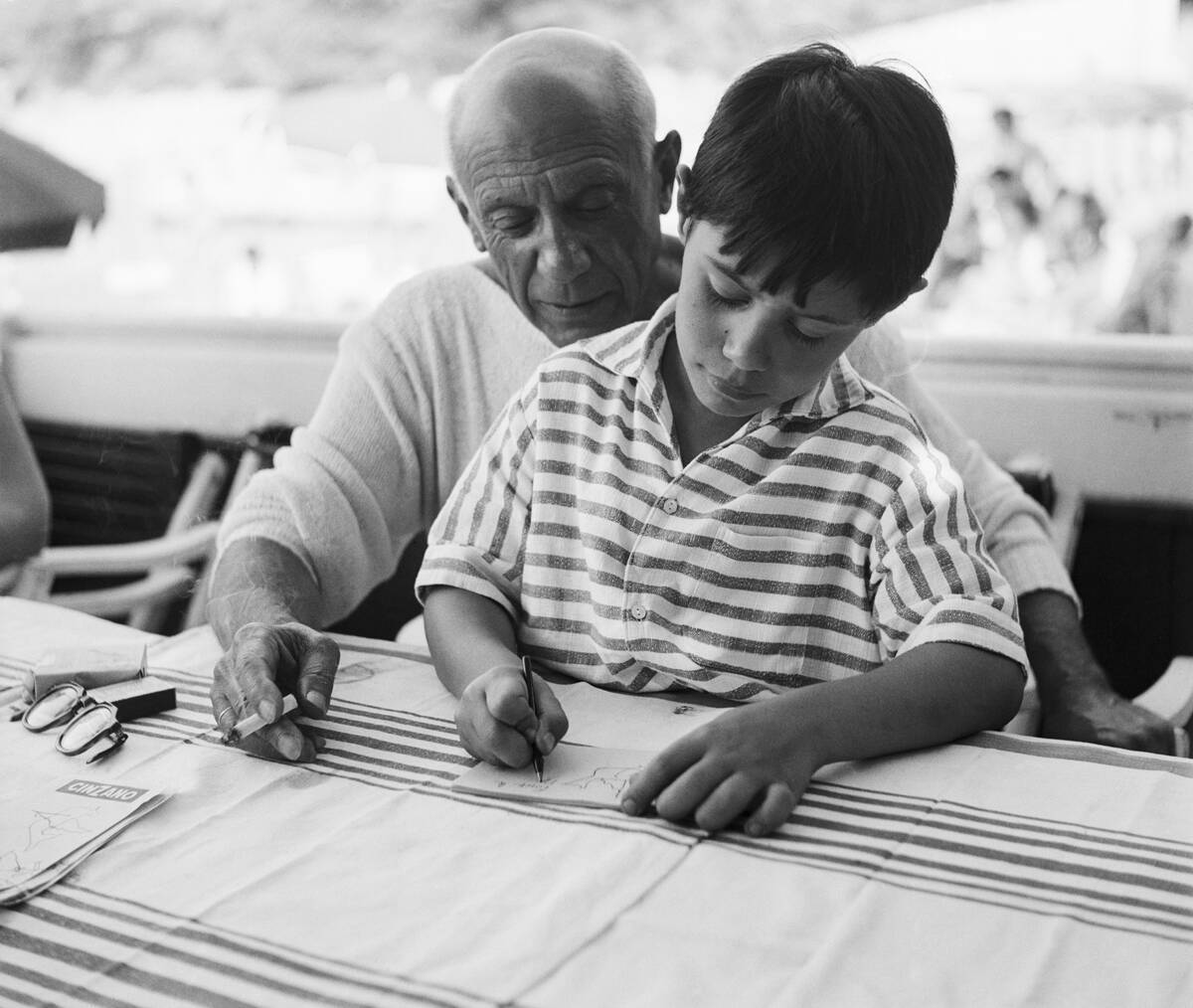
Modern parenting trends are increasingly influenced by environmental and minimalist philosophies. Eco-conscious parenting emphasizes sustainability, with parents opting for reusable diapers, organic foods, and eco-friendly toys. Meanwhile, the minimalist approach advocates for simplicity, focusing on quality over quantity and reducing excess.
These trends reflect a growing awareness of environmental issues and a desire to instill values of conservation and mindfulness in the next generation, aiming for a more sustainable and intentional lifestyle.
How Cultural Shifts Influence Parenting Styles
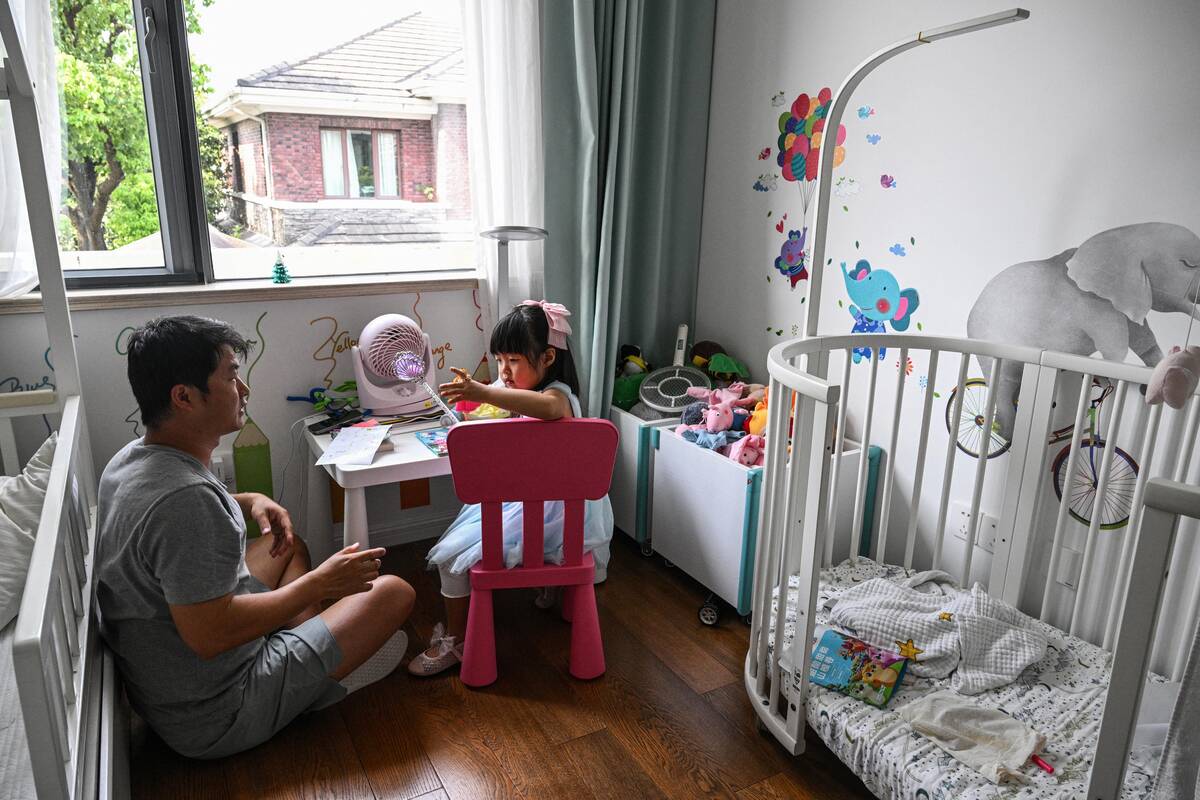
Cultural shifts play a crucial role in shaping parenting styles, reflecting the values and priorities of a society. As cultures evolve, so do attitudes towards child-rearing, influenced by factors like economic changes, social movements, and technological advancements.
For example, the feminist movement has encouraged more egalitarian parenting roles, while the digital revolution has introduced new challenges and opportunities. Understanding these cultural dynamics helps explain the diversity of parenting practices and their impact on family life.
The Influence of Science and Research on Parenting Decisions
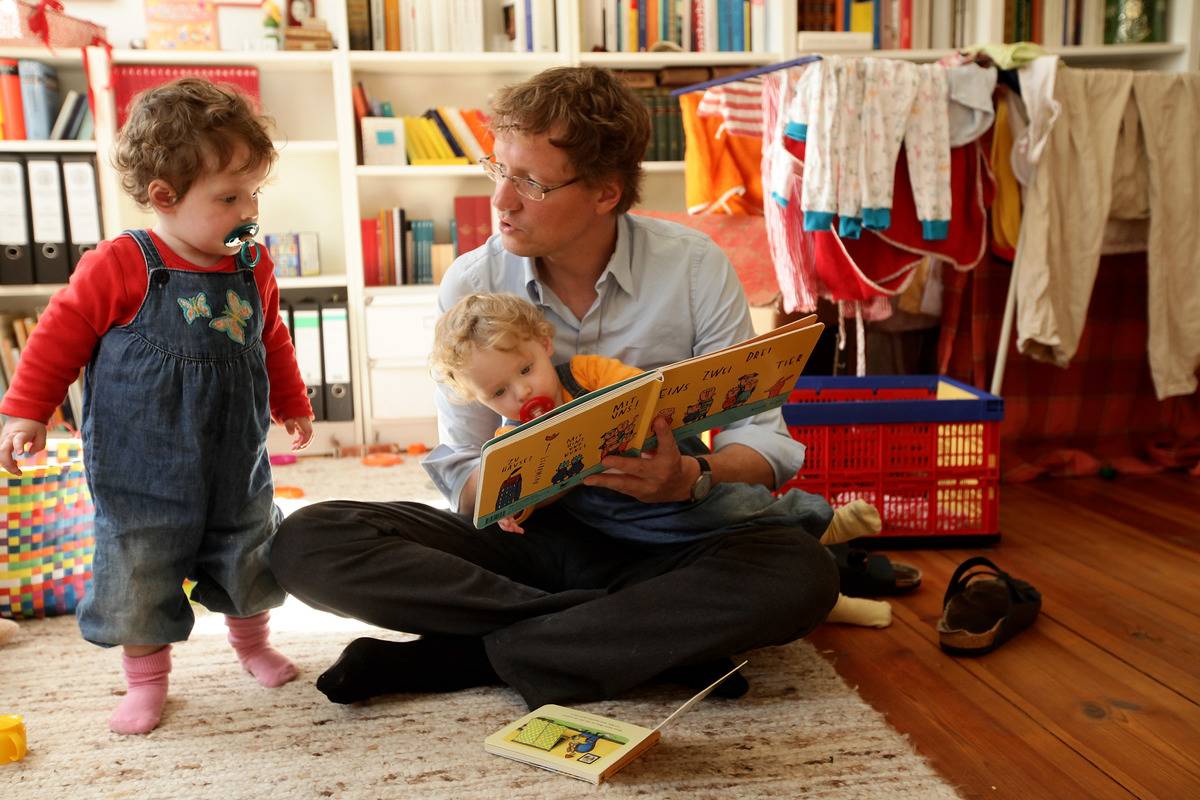
Scientific research has become a cornerstone in guiding modern parenting decisions. Advances in psychology, neuroscience, and pediatrics offer insights into child development, helping parents make informed choices. From understanding the benefits of breastfeeding to the impact of screen time, science provides evidence-based guidance.
However, the sheer volume of information can be overwhelming, leading to debates over best practices. As research continues to evolve, parents must navigate this landscape to support their children’s well-being.
Challenges of Modern Parenting: Finding the Right Balance

Modern parenting presents a unique set of challenges, with parents striving to find the right balance between work, family, and personal life. The pressure to provide the best opportunities for children can lead to stress and burnout.
Additionally, the abundance of parenting philosophies and advice can be overwhelming. Parents must navigate these complexities while fostering a nurturing environment, emphasizing the importance of self-care and support networks in achieving a healthy family dynamic.
The Future of Parenting: What’s Next?
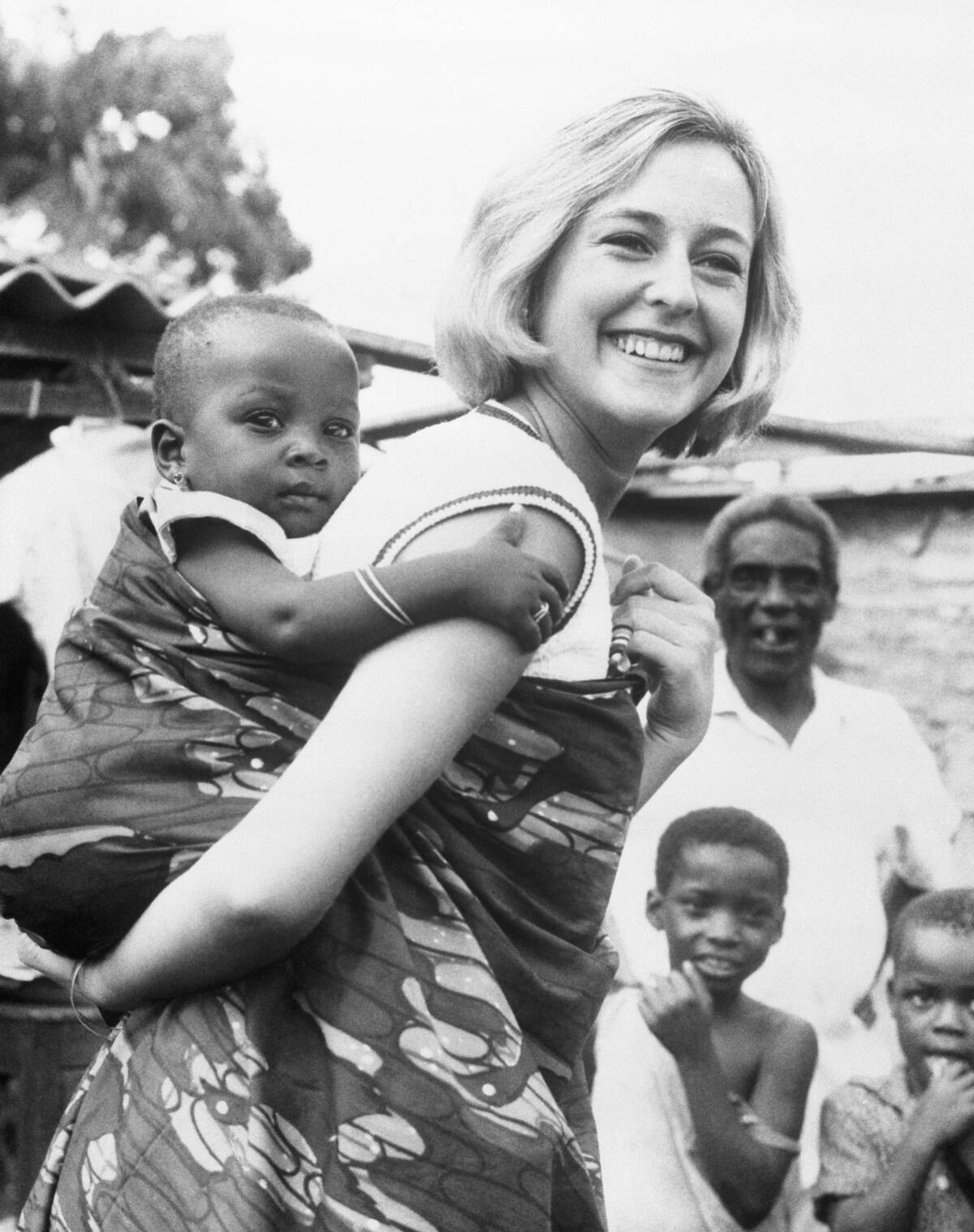
As we look to the future, parenting will likely continue to evolve in response to societal changes and technological advancements. Emerging trends such as personalized education, artificial intelligence, and global interconnectedness will shape new parenting paradigms.
Parents may increasingly adopt flexible and adaptive approaches, prioritizing mental health and resilience. As the world becomes more complex, the essence of parenting will remain—nurturing, guiding, and preparing the next generation for the challenges and opportunities ahead.



